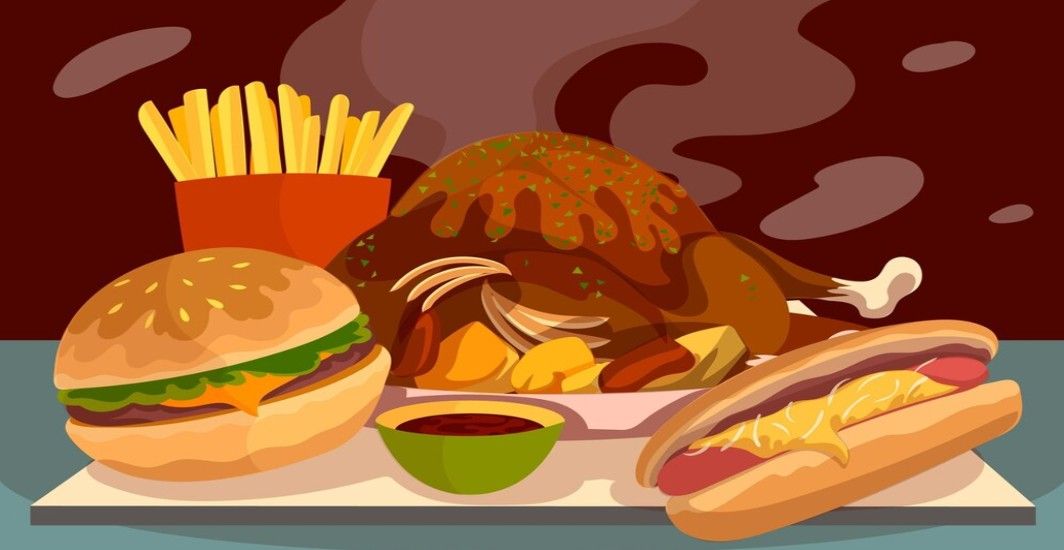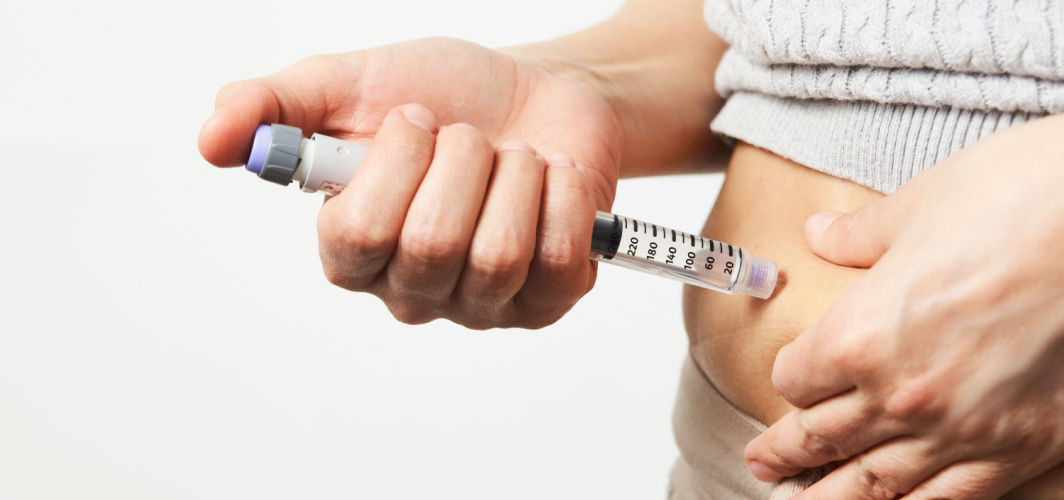Diabetes Management
Can Diabetes Affect Your Recovery?
2 min read
By Apollo 24|7, Published on - 13 September 2023, Updated on - 22 February 2024
Share this article
0
0 like

Diabetes, a chronic condition characterized by elevated blood sugar levels, can exert a significant impact on one's ability to recover from illnesses, injuries, or surgical procedures. In this blog, we'll delve into how diabetes alters the body's natural healing mechanisms, potentially causing delays in recovery, increasing infection risks, and posing challenges during pain management.
Slower Healing
One of the most notable ways diabetes can affect recovery is by slowing down the healing process. High blood sugar levels can impair blood circulation and damage small blood vessels, which are essential for carrying oxygen and nutrients to healing tissues. As a result, wounds, surgical incisions, or injuries may take longer to heal, increasing the risk of infections and complications.
Increased Risk of Infections
A weak immune system due to diabetes can increase the risk of infections. When you're trying to recover, your body's ability to fight off bacteria and viruses is crucial. High blood sugar levels create an ideal environment for harmful pathogens to thrive, making infections a more significant concern during recovery.
Post-Surgery Complications
For individuals with diabetes undergoing surgery, the risks are higher. Poorly managed blood sugar levels can lead to complications such as delayed wound healing, surgical site infections, and even cardiovascular issues during the operation. Surgeons often require tight glycemic control before, during, and after surgery to minimize these risks.
Delayed Pain Management
Diabetes can also complicate pain management during recovery. Neuropathy, a common diabetic complication, can affect the nervous system's ability to transmit pain signals effectively. This may lead to delayed recognition of pain or the need for higher doses of pain medication.
Chronic Conditions' Impact
Diabetes is often associated with other chronic conditions, such as heart disease and kidney disease, which can complicate recovery from unrelated health issues. These comorbidities can limit your body's ability to respond to the stress of recovery and increase the overall recovery time.
Conclusion
In conclusion, diabetes can significantly affect your recovery by slowing healing, increasing the risk of infections, complicating surgical procedures, delaying pain management, and exacerbating the impact of other chronic conditions. To improve your recovery outcomes, it's crucial to manage your diabetes effectively through proper blood sugar control, regular monitoring, and a healthy lifestyle.
Diabetes Management
Consult Top Diabetologists
View AllLeave Comment
Recommended for you

Diabetes Management
Unhealthy Foods and Habits to Avoid to Prevent Diabetes
Diabetes prevention may seem daunting, but by identifying and avoiding certain foods and habits, you can significantly reduce the risk of developing this condition. Remember, it's not just about avoiding—it’s about choosing healthier alternatives. Take a proactive approach towards your health today and consider joining a support programme for guidance on managing potential risks.
.jpg?tr=q-80)
Diabetes Management
What Foods Should You Avoid For Kidney Disease And Diabetes?
Living with kidney disease and diabetes calls for a careful selection of foods. Avoiding high sodium, high protein, sugary and refined carbohydrate foods, along with alcohol can help manage these conditions better. Consider joining the Apollo Super 6 programme for personalised support in managing type 2 diabetes. Remember, the right food choices are crucial for your overall well-being.

Diabetes Management
How to Test for Insulin Resistance
To test for insulin resistance as a diabetic, common methods include fasting glucose and insulin tests. These help assess how your body manages blood sugar. Pay attention to risk factors like age, family history, and lifestyle. If diagnosed, focus on lifestyle changes—adopt a balanced diet, engage in regular exercise, and monitor your blood sugar levels. Early detection is key to effective management, empowering you to make informed choices for better health. Always consult with your healthcare provider for personalised guidance.
Subscribe
Sign up for our free Health Library Daily Newsletter
Get doctor-approved health tips, news, and more.
Visual Stories

8 Fruits That are Incredibly Healthy for Diabetes
Tap to continue exploring
Recommended for you

Diabetes Management
Unhealthy Foods and Habits to Avoid to Prevent Diabetes
Diabetes prevention may seem daunting, but by identifying and avoiding certain foods and habits, you can significantly reduce the risk of developing this condition. Remember, it's not just about avoiding—it’s about choosing healthier alternatives. Take a proactive approach towards your health today and consider joining a support programme for guidance on managing potential risks.
.jpg?tr=q-80)
Diabetes Management
What Foods Should You Avoid For Kidney Disease And Diabetes?
Living with kidney disease and diabetes calls for a careful selection of foods. Avoiding high sodium, high protein, sugary and refined carbohydrate foods, along with alcohol can help manage these conditions better. Consider joining the Apollo Super 6 programme for personalised support in managing type 2 diabetes. Remember, the right food choices are crucial for your overall well-being.

Diabetes Management
How to Test for Insulin Resistance
To test for insulin resistance as a diabetic, common methods include fasting glucose and insulin tests. These help assess how your body manages blood sugar. Pay attention to risk factors like age, family history, and lifestyle. If diagnosed, focus on lifestyle changes—adopt a balanced diet, engage in regular exercise, and monitor your blood sugar levels. Early detection is key to effective management, empowering you to make informed choices for better health. Always consult with your healthcare provider for personalised guidance.


